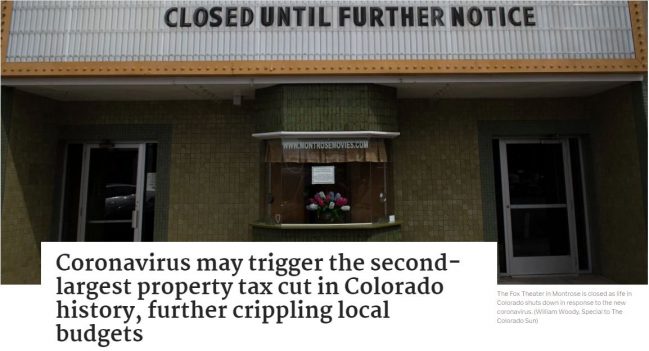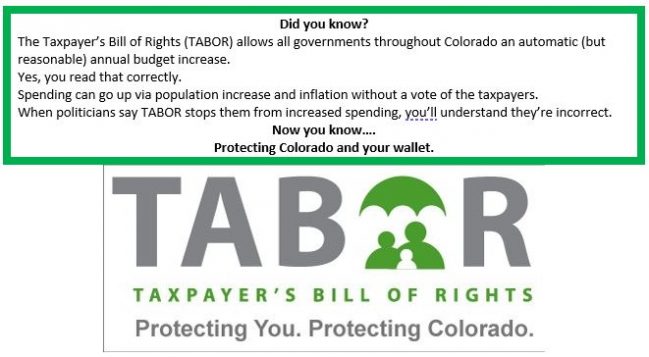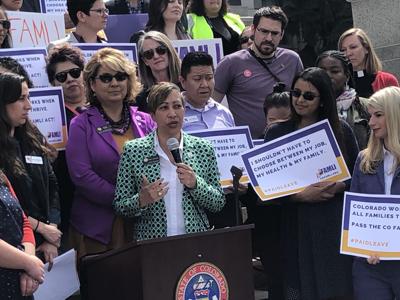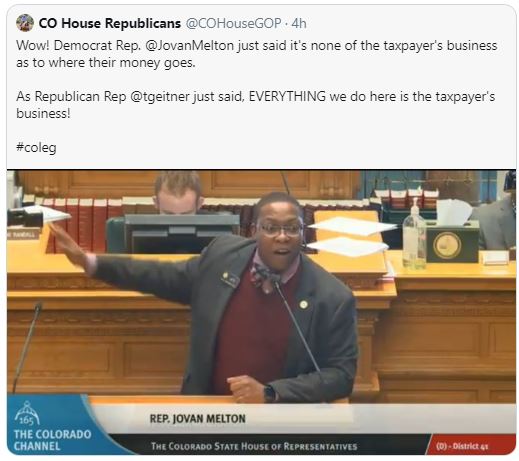
The reductions under Colorado’s Gallagher Amendment would slash total school district revenue by an estimated $491 million. Fire districts would also be hard hit.
At a moment when state and local governments are already drowning in red ink, Colorado’s constitution is now projected to trigger the second-largest residential property tax cut in modern history.
Under forecasts presented Tuesday, Colorado lawmakers could be asked to cut residential property taxes by nearly 18% in 2021 to comply with a tax-limiting constitutional provision known as the Gallagher Amendment.
For homeowners, it would mean permanent financial relief at a time of rising unemployment and deep economic uncertainty. But if the cut goes through as projected, it would have cascading effects at nearly every level of government in the state, gashing the budgets of property-tax reliant fire districts, county governments and schools.
The reductions would cut total school district revenue by an estimated $491 million. About half of that gap will impact the state budget, which is constitutionally required to backfill certain school funding shortfalls, even as it faces a fiscal catastrophe of its own as sales and income tax revenue plummet. In one fell swoop, it could wipe out all the recent gains the state had made in erasing its unfunded debt to schools, formerly known as the negative factor. At the county level, statewide revenue could drop by $204 million.






